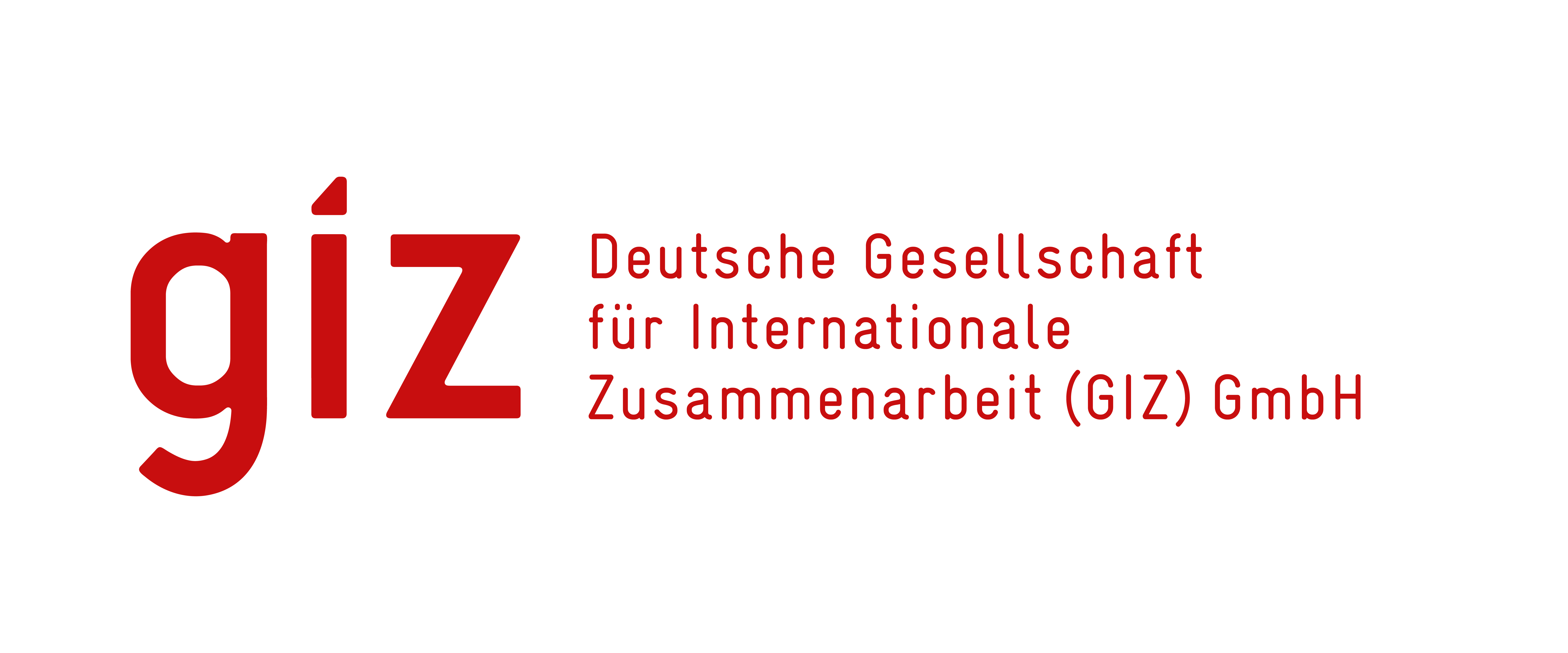Sustainable Implementation of PM-KUSUM and Solar Irrigation in India
This webinar, corresponding with the launch of the Guidebook for State Policy-Makers on Maximizing the Social and Environmental Benefits from Solar Pump Schemes on December 16, provided participants with a first look at the guidebook's findings, presenting key takeaways and recommendations.
Through a panel discussion with a diverse range of experts on the topic of a water–energy–food nexus approach for maximizing the potential of the PM-KUSUM scheme in India, participants engaged with the research and provided inputs for further strengthening the implementation of solar irrigation schemes at the state and regional levels.
The webinar and related guidebook were developed by IISD and research partners, The Energy and Resources Institute (TERI), the Council on Energy, Environment and Water (CEEW), and the Initiative for Sustainable Energy Policy (ISEP) as part of a project supported by the Deutsche Gesellschaft für Internationale Zusammenarbeit (GIZ) GmbH.
Agenda
Welcome Address
Shalu Agrawal, Senior Programme Lead, CEEW
Presentations
Findings from the Guidebook on PM-KUSUM and Solar Irrigation and Introduction to the CEEW Solar Pumps Tool
Siddharth Goel, Senior Policy Adviser, IISD
Anas Rahman, Programme Associate, CEEW
Panel Discussion
Chair
Debajit Palit, Director, Rural Energy and Livelihoods, TERI
Speakers
- Rupali Thakur, CEO, Himachal Pradesh Energy Development Agency (HIMURJA)
- Aditi Mukherji, Lead Researcher, International Water Management Institute (IWMI)
- A.V. Manjunatha, Director, Karnataka Evaluation Authority
- Surinder Makhija, Strategic Advisor and Senior Vice-President, Jain Irrigation Systems
Closing Remarks
Nilanjan Ghose, Senior Advisor, Indo-German Energy Programme, GIZ
Florian Postel, Junior Advisor, Indo-German Energy Programme, GIZ

